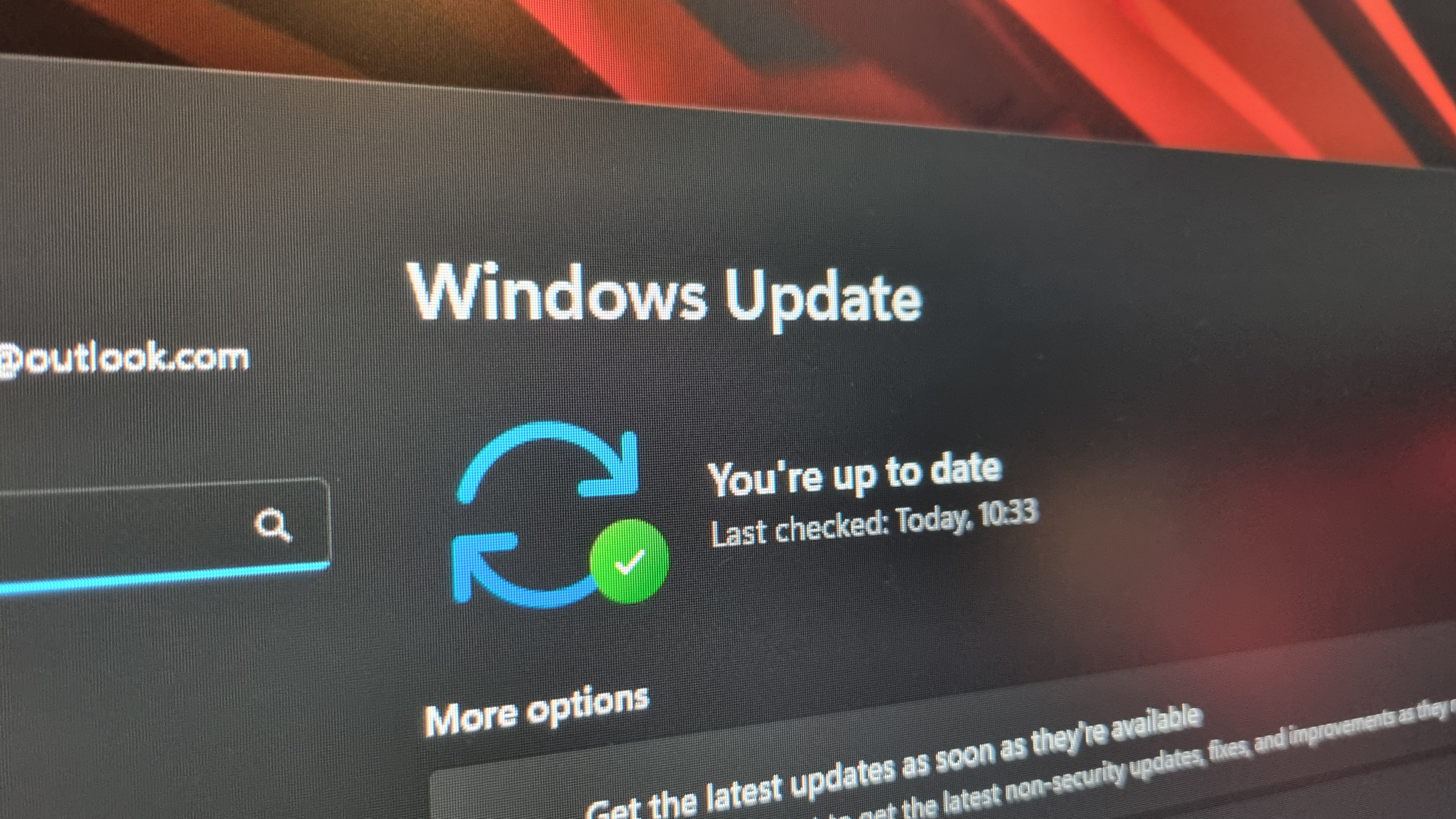
Windows updates often feel like a necessary evil, but an evil nonetheless. Who among us hasn't been waylaid by a huge update package download—or chosen the "update and shutdown" option at the end of a long day only to sit watching a painfully slow percentage indicator lurch forward? Now Microsoft has announced it's changing things up, with "checkpoint cumulative updates" that promise to speed up the process considerably.
Windows 11 version 24H2 has been available in the Windows Insider program for a while now but is scheduled for a main release at some point towards the end of this year. Microsoft says that as part of the update, it's introducing update features and security enhancements through smaller, incremental download packages that only contain the changes since the previous update.
Essentially, up until now Windows updates have tended to grow in size, with a download package that contains files you may not necessarily need (via Windows Latest). Provided you've been incremental updating your system (as you really should, to maintain a safe OS), from 24H2's release you'll only need to download and install updates with exactly what's needed, rather than the whole kitchen sink.
Microsoft also says that it might release cumulative updates as checkpoints, not just feature updates and security fixes. Repeating this process multiple times would generate multiple checkpoints that can then be merged in the servicing stack to only download and install missing content on a specific device.
Users handling updates via Windows Update, Windows Update for Business, Windows Autopatch or Windows Server Update Services won't need to take any action to receive the benefits. If your system is set to update regularly and has been upgraded to 24H2, updates from that point forward should be significantly smaller in size and faster to install.
That's not just better for Windows users, but Microsoft itself. While Windows 11 hasn't exactly been the roaring success that Microsoft may have hoped it to be, leaked documentation showed that as of October last year, it was in use on more than 400 million monthly active devices. That's a lot of machines downloading sizable update packages, so anything that could trim those file sizes down should take some of the strain off of Microsoft's update servers, too.
How much time this saves on an average update install remains to be seen, although the effect should hopefully be significant—and those of you maintaining small SSDs or nursing slow internet connections will hopefully be able to breathe a sigh of relief. Now, if someone could just inform the myriad of third-party game launcher apps that you don't need to install massive updates on the regular—just what the end user actually needs—well, that'd be grand.







